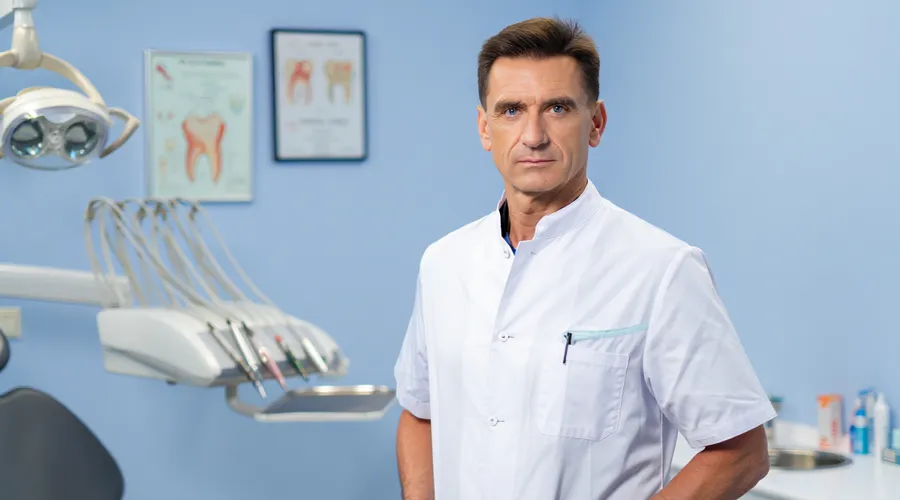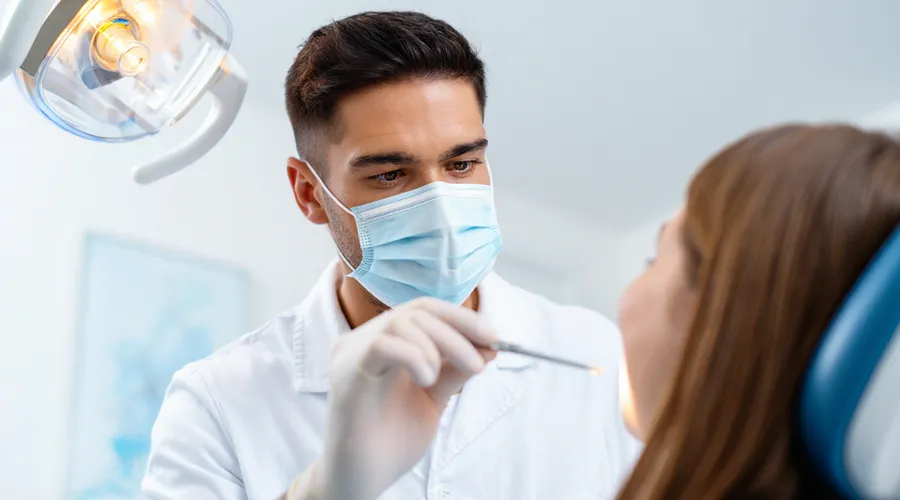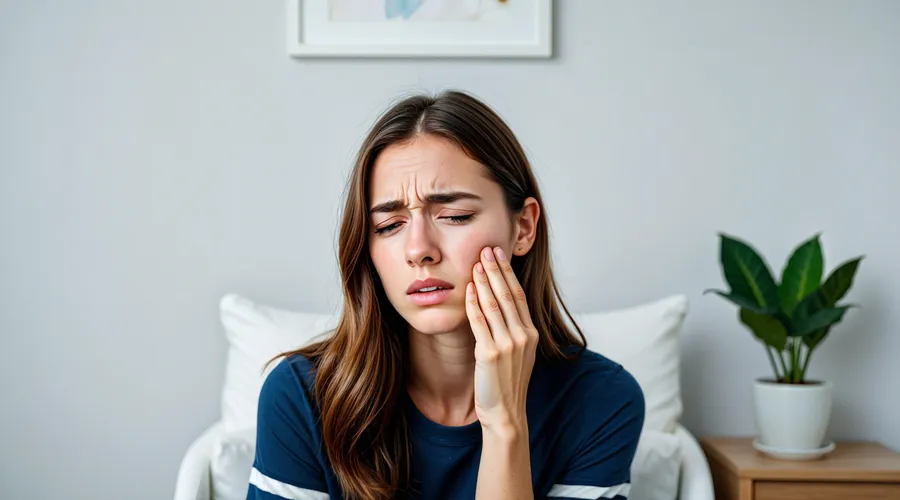A fallen or loose dental crown is a situation that requires an immediate solution. Ignoring the problem can lead to discomfort, pain, infection, and even damage to the supporting tooth. In this article, we will discuss in detail what to do in such cases to minimize risks and ensure further successful treatment.
First of all, you need to calm down

First of all, calm down. Panic is a bad advice in this situation. Carefully remove the crown from your mouth if it has fallen out completely. Rinse your mouth thoroughly with warm water to remove any food or saliva. Inspect the area where the crown was. If you feel acute pain or see signs of inflammation (redness, swelling), contact your dentist immediately.
If the crown has fallen out completely and you cannot visit your dentist right away, try to gently rinse the crown itself with warm water. Never use aggressive substances such as alcohol or bleach for cleaning. If the crown looks clean and has no visible damage, try to temporarily put it back in place. For this, you can use special dental cement for temporary fixation of crowns, which is sold in pharmacies. It is important to understand that this is only a temporary measure, and a visit to the dentist is still necessary.
If you do not have dental cement, you can temporarily fix the crown with sugar-free chewing gum. Make a small ball of chewing gum and place it inside the crown, then gently slide the crown onto the abutment tooth. Chewing gum will provide some support, but it does not guarantee that the crown will not fall out again. Be extremely careful not to swallow the crown.
Visit to the dentist is necessary

If the crown is loose but has not fallen out completely, do not try to remove or fix it yourself. This may lead to its complete loss and additional damage to the supporting tooth. Avoid chewing on the side where the loose crown is located and see a dentist as soon as possible.
Even if the crown has fallen out and you do not feel pain, a visit to the dentist is necessary. An unprotected supporting tooth becomes vulnerable to bacteria that can cause caries and other dental problems. In addition, the absence of a crown can lead to the displacement of adjacent teeth, malocclusion and problems with the temporomandibular joint.
During a visit to the dentist, the doctor will conduct an examination and determine the cause of the loss or loosening of the crown. Possible causes include the destruction of the cement holding the crown on the tooth, caries of the supporting tooth, mechanical damage or improper installation of the crown.
Depending on the cause of the problem, the dentist will offer various treatment options. If the supporting tooth is in good condition, the dentist can simply reinstall the crown with new cement. If the supporting tooth is damaged, however, the caries will need to be treated, the pulp removed (if necessary), and possibly a new crown installed.
Dental implants may be needed
In some cases, when the supporting tooth is severely damaged, it may be necessary to remove it and install a dental implant, followed by installing a crown on the implant. This is a more expensive and time-consuming solution, but it allows you to restore the dentition and avoid further problems with neighboring teeth.
Want to schedule an appointment?
Mo-Fr 8:00 am – 5:00 pm
Sa 9:30 am – 3:00 pm

